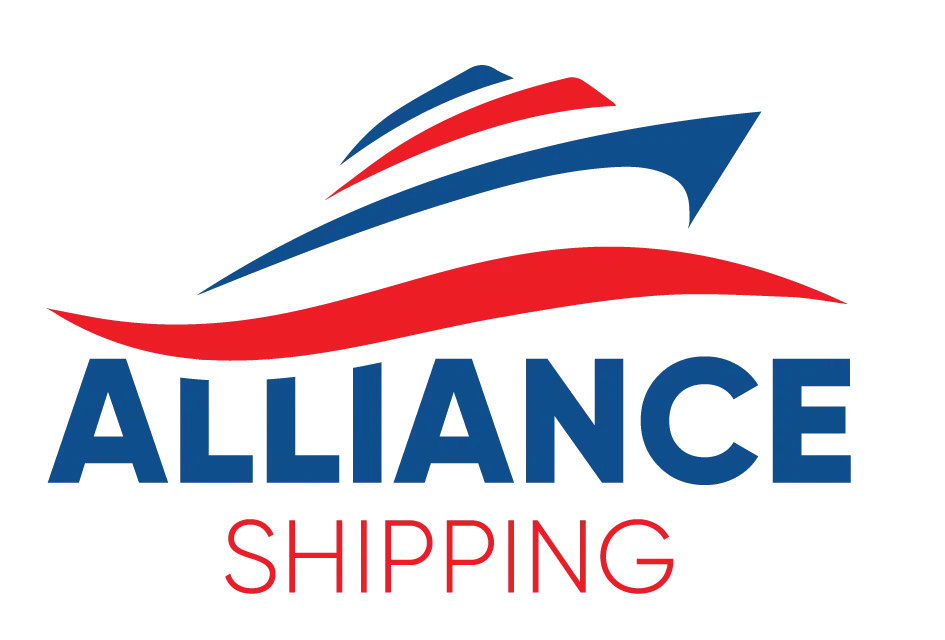Shipping Cargo from Iran to Mexico
Professional shipping solutions with competitive rates and reliable service. Your trusted
partner for Iran-Mexico cargo.

Overview
Shipping Shipping Cargo from Iran to Mexico
Iran has increasingly become a vital trade partner for Mexico, with diverse products being shipped across borders. Key exports from Iran to Mexico include textiles, machinery, and petrochemicals. As global markets expand, there's a notable growth in cargo from Iran to Mexico, fueled by strategic trade agreements and competitive pricing. Growing economic ties have led to increased demand for reliable export cargo services, ensuring that freight from Iran to Mexico is delivered efficiently. This rising trend highlights the importance of Iran as a key player in international shipping, continuously optimizing its supply chain to cater to the Mexican market.

Shipping Methods
How Cargo from Iran to Mexico Moves
Air freight is the fastest way to transport cargo from Iran to Mexico. It's ideal for time-sensitive shipments or smaller loads. Although this method is more expensive compared to sea freight, it's perfect for perishables and urgent deliveries. Consider air freight when you need your goods in the shortest time possible.
Sea freight is a cost-effective method suitable for larger shipments that don't require fast delivery. It is slower than air freight but can accommodate a vast amount of cargo, making it an economical choice for businesses looking to send bulk shipments from Iran to Mexico. Opt for sea freight when cost savings are more important than speed.
Shipping Cargo from Iran
Shipping Cargo from Iran to Mexico involves a fascinating journey across continents and oceans. Iran, rich in oil, petrochemicals, and agricultural products, finds a valuable trading partner in Mexico, which is known for its diverse economy and manufacturing prowess. The trade route between these two nations is vital for exchanging goods like machinery, electronics, and textiles. Shipping Cargo from Iran to Mexico typically involves navigating through major maritime chokepoints, ensuring that goods reach their destination efficiently. This trade not only strengthens economic ties but also fosters cultural exchanges, bringing the two countries closer together. With advancements in shipping technology and logistics, the journey has become more streamlined, making it easier for businesses in both countries to thrive and grow.
Shipping cargo from Bandar Abbas to Mexico
Shipping cargo from Imam Khomeini to Mexico
Shipping cargo from Bushehr to Mexico
Shipping cargo from Chabahar to Mexico
Shipping cargo from Khorramshahr to Mexico
Cargo Types
What Goods Travel in Cargo from Iran to Mexico?
Iran exports oil and petrochemical products like plastics and resins, which are key exports shipped in cargo from Iran to Mexico.
Pharmaceuticals, including medicines and medical supplies, form a significant part of the cargo from Iran to Mexico.
Iranian saffron and other spices are popular items frequently transported to Mexico, known for their unique flavor and quality.
Iran exports copper products, which are essential for various industries in Mexico, making them common goods in cargo shipments.
Textiles and fabrics, particularly Persian carpets, are traditional and frequently shipped items from Iran to Mexico.
Documentation
Paperwork for Cargo from Iran to Mexico
- Commercial Invoice: Essential for customs, shows details of the sale and is used for duties and taxes calculations.
- Packing List: Lists items in the shipment, including specific details such as weight and dimensions.
- Bill of Lading: Issued by the shipping company, confirming goods receipt and outlining transport terms.
- Certificate of Origin: Certifies the country where the goods were manufactured, important for tariff purposes.
- Insurance Certificate: Provides information about coverage against shipment loss or damage.
- Export Declaration: A document required by Iranian customs stating the nature of goods being exported.
- Import Declaration: Required by Mexican customs, outlining the incoming shipment details.
- Trade License: Confirms that the exporters have permission to trade internationally.
- Customs Pre-clearance: Enables faster processing at the receiving port.
Ensure documents are completed accurately and clearly to prevent misunderstandings. Utilize a reliable freight forwarder familiar with regulations of both Iran and Mexico. Stay updated on any changes in customs requirements to avoid unnecessary delays during shipping.

Cost Estimation
Estimate Cost of Cargo from Iran to Mexico
Shipping Cost Factors
Shipping prices are influenced by several factors that determine how much it costs to ship cargo internationally. Understanding these can help in calculating accurate cargo rates.
-
Weight and Volume
The size and weight of the cargo significantly affect the freight cost from Iran to Mexico. Larger and heavier shipments generally cost more to ship.
-
Delivery Timeframe
The speed at which goods need to be delivered impacts the shipping method costs. Air cargo is faster but more expensive compared to the cost-effective sea cargo.
-
Shipping Method
Choosing between air and sea shipping greatly affects the rates. Air is useful for urgent shipments, while sea is affordable for larger, heavier cargos.
-
Origin and Destination
The distance and route taken from Iran to Mexico can influence prices, including the ports used and the availability of direct routes or transshipments.
-
Packaging and Handling
Proper packaging and any special handling requirements add to the costs. Ensure efficient packaging to help reduce these expenses.

FAQ
Common Questions About Cargo from Iran to Mexico
For shipping cargo from Iran to Mexico, you will typically need a commercial invoice, packing list, certificate of origin, and a bill of lading or airway bill. Depending on the nature of the goods, additional permits or certificates may be required.
The common modes of transport include sea freight, which is cost-effective for large shipments, and air freight, which is faster and suitable for smaller, urgent shipments.
Transit time varies depending on the mode of transport. Air freight generally takes between 7 to 10 days, while sea freight can take 25 to 35 days.
Yes, both countries have regulations that prohibit or restrict the export and import of certain goods. It's important to check the latest customs regulations and prohibited items lists before shipping.
To find reliable freight forwarders, you can consult industry directories, seek recommendations from business associations, or use online logistics platforms that allow you to compare services and read user reviews.
Factors impacting shipping costs include the weight and volume of the cargo, the mode of transport, current fuel prices, customs duties, and potential insurance costs. It's essential to obtain detailed quotes from multiple carriers.
Get Started
Getting Started with Alliance Shipping

Looking to ship goods from Iran to Mexico? It can be challenging to figure out the best route, navigate customs, and ensure your cargo arrives safely and on time. With all the regulations and logistics involved, moving cargo across continents can feel overwhelming.
Alliance Shipping is a trustworthy partner for your shipping needs. We’re here to help you ship cargo with ease, offering reliable service and support at every step. To make your shipping experience seamless, reach out to us and get started today. Let us handle the complexities while you focus on your business!

